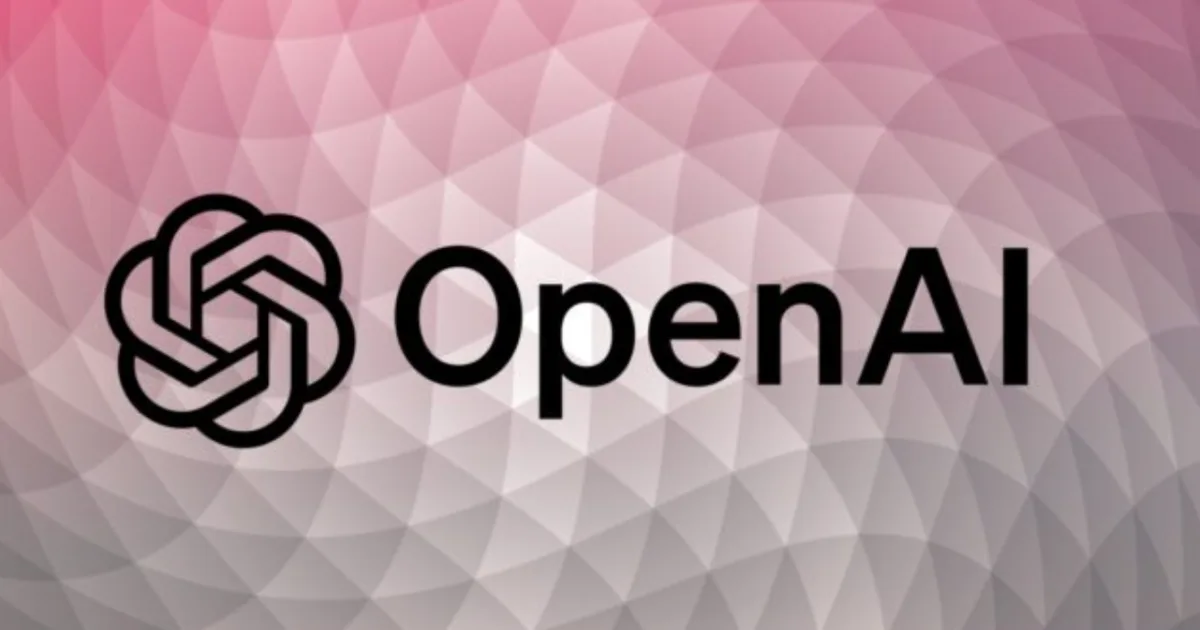Last week, Samsung Electronics chairman Jay Y. Lee met OpenAI CEO Sam Altman in South Korea in an attempt to foster a collaborative relationship between the two companies. However, despite this effort, it appears that OpenAI has chosen TSMC, Samsung’s biggest rival, to manufacture its in-house AI chips.
OpenAI’s in-house 3nm AI chips could be fabricated by TSMC, not Samsung Foundry

For months, there had been speculation that OpenAI might partner with Samsung Foundry, the South Korean giant’s semiconductor manufacturing division, to fabricate its AI chips. However, according to a recent Reuters report, OpenAI has entered the final stages of designing its long-rumored AI chips and is preparing to work with TSMC. This decision appears to be part of OpenAI’s broader strategy to reduce reliance on Nvidia, the dominant player in the AI chip market, while also cutting operational costs.
Although OpenAI has yet to make an official announcement, industry insiders suggest that the company will likely send its chip designs to TSMC within the next few months. TSMC is expected to manufacture these chips using its advanced 3nm process node, with mass production anticipated to commence in 2026.
Samsung Foundry has faced significant challenges over the past few years, leading to a tarnished reputation in the semiconductor industry. Some of the chips it manufactured for Nvidia, Qualcomm, and even its own System LSI division (which produces Exynos processors) exhibited issues such as overheating and high power consumption. As a result, both Nvidia and Qualcomm moved their business to TSMC, leaving Samsung struggling to regain its foothold in the high-end semiconductor market.
Despite launching newer 3nm and 4nm process nodes, Samsung has yet to secure a major client for these technologies. Currently, only Samsung’s in-house Exynos chips utilize these manufacturing processes. The company has been trying to convince global tech giants to trust its foundry business, but OpenAI’s decision to work with TSMC further highlights the challenges Samsung faces in attracting major customers.
However, this does not necessarily mean a complete split between OpenAI and Samsung. The AI research company could still procure Samsung’s high-bandwidth memory (HBM) chips for its AI systems. With the increasing demand for AI processing power, high-performance memory has become a crucial component in accelerating deep learning workloads. Samsung, being one of the leading producers of HBM, might still find an opportunity to collaborate with OpenAI in this capacity.
Several major tech companies, including Amazon, Google, Meta, and Microsoft, have been developing their own AI chips rather than relying solely on Nvidia. This trend underscores the growing importance of custom AI hardware, which can optimize efficiency and reduce costs for companies with extensive AI-driven operations. However, designing and producing custom AI chips is an expensive endeavor, often costing over $500 million per chip. Sam Altman has been traveling worldwide to secure additional funding for OpenAI, ensuring the company has the financial backing to execute its ambitious plans.
Samsung is also reportedly interested in investing in OpenAI’s Stargate Project, which aims to push the boundaries of AI research and development. By securing a stake in OpenAI’s future innovations, Samsung could gain a foothold in the rapidly evolving AI segment. Additionally, Samsung has already been integrating OpenAI’s algorithms into its high-end smart TVs, enabling advanced AI-driven features that enhance the viewing experience.
OpenAI’s preference for TSMC over Samsung Foundry reinforces the Taiwanese company’s position as the leader in semiconductor manufacturing. TSMC’s consistent track record of producing high-quality, power-efficient chips has made it the go-to choice for major players in the industry. Samsung, on the other hand, will need to prove its competitiveness by delivering cutting-edge technology and addressing the concerns that have driven clients away in recent years.
OpenAI could still buy HBM chips from Samsung

As the AI industry continues to expand, the competition among semiconductor manufacturers is set to intensify. Companies like OpenAI require the most advanced and reliable chips to power their AI models, and the ability to manufacture such chips efficiently will be a key determinant of success in the semiconductor space. Samsung’s efforts to regain the trust of major tech companies will be crucial in shaping its future in the AI chip market.
For now, OpenAI’s decision marks a significant win for TSMC and a challenge for Samsung Foundry. While Samsung may still find opportunities to collaborate with OpenAI in other areas, it will need to work diligently to improve its foundry business and regain its competitive edge in the semiconductor industry.
